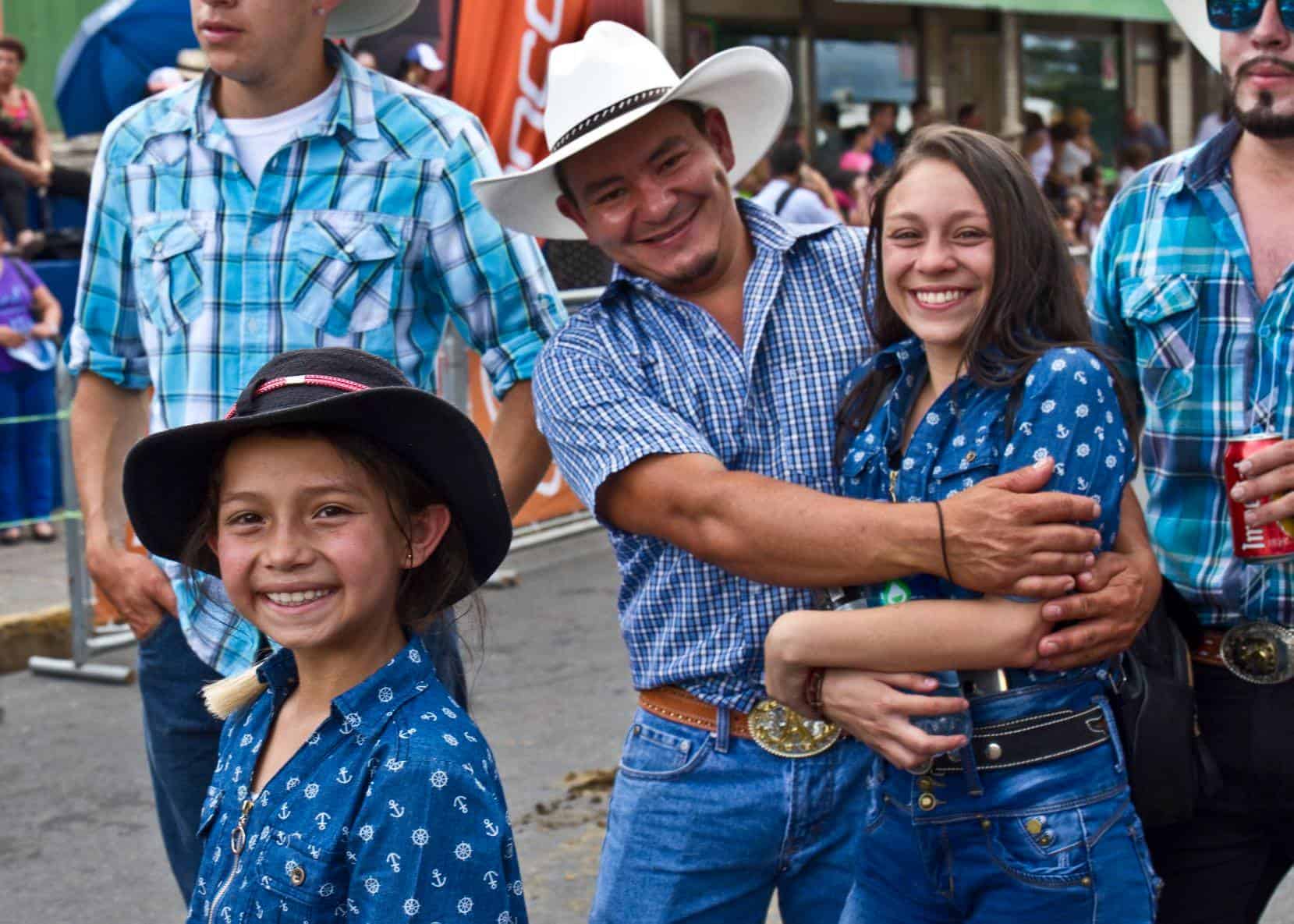You can’t call yourself fluent in Costa Rican Spanish unless you understand its slang.
Over the past several weeks, we have introduced you, dear reader, to tiquismos and costarriqueñismos as part of our “Tico Talk” series. Check out the previous installments here.
I was inspired to write this by an article I read in another publication about tiquismos (Costa Rican slang) that have African roots. Believe it or not, there are many words that are used here today that originated with African slaves and workers who arrived here in the 16th and 17th centuries. Many of these people worked on haciendas in Guanacaste, while others came later to work on the Atlantic railroad. Below is a list of some popular terms with African roots.
Banano: Originally called banana, but is now called banano. In Spain, this fruit is known as plátano but not here. Platáno is a fruit from the same family but larger than a banana but must be to be cooked before eating, where as bananas may be consumed raw.
Bemba: mouth or lips
Cachimba: A type of pipe used for smoking tobacco. It is also a vulgar expression to refer to an animal’s vagina. A cachimbal is a large amount of something.
Candanga: To influence someone to do something bad or evil.
Guaro: A type of distilled liquor or aguardiente resembling brandy, and made from sugar cane. This term can refer basically to any alcoholic drink in Costa Rica. Guaro vaquero is a term to describe someone who becomes aggressive when drinking.
Guineo: Refers to an unripened banana. This word comes from Guinea, a country in the west of Africa, as it is one of the places from which this fruit originated.
Malanga: A type of plant.
Mandinga: A cowardly man.
Marimba: In this case it is not a percussion instrument but a lot of children of different ages and sizes, usually ranging from the tallest to smallest like the wooden keys on a marimba.
Ñampi: A type of tuber for eating.
Quijongo: A musical instrument from the Guanacaste region with a cord attached to the top of a stick and with a hollow gourd at the bottom as a resonance box. It is sort of a primitive type of upright bass.
Tufi: Refers to excrement. Ni tufi means “absolutely nothing or nada.” Tufo is a bad odor.
Tiquismos or Costa Rican expressions of the week
¡Qué buen toque!: What a good idea!
Puros dieces: Something excellent.
No es santo de mi devoción: Refers to a person one does not like.
Christopher Howard has been conducting monthly relocation/retirement tours to Costa Rica for over 30 years. See http://www.liveincostarica.com/
He is also the author of the one-of-a-kind bestselling, “Guide to Costa Rican Spanish,” that may be purchased through Amazon.






